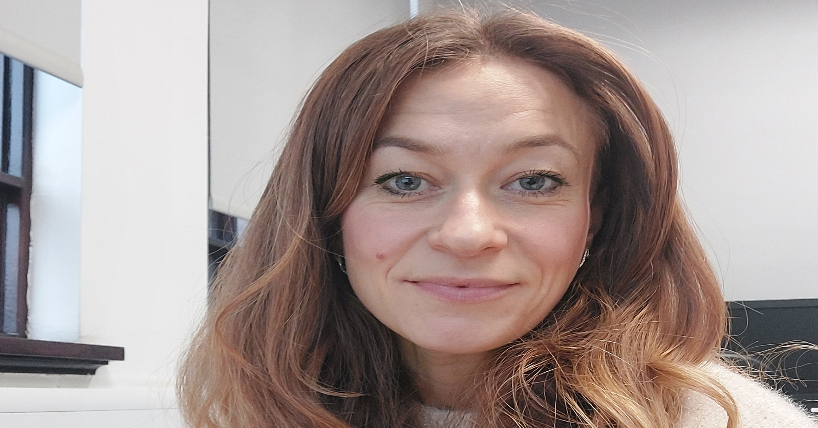Shared Care: Drama under the radar, by Dr Hamde Nazar NIHR Newcastle PSRC Co Theme Lead for Safer Integrated Health and Social Care environments.
19 March 2024

Our first PSRC Theme Implementation Management Group meeting, thankfully shortened to TIMG, for our theme on safer, integrated care environments was great! It was a meeting that could not have better met its terms of reference. Providing input and advice on the theme direction, priorities, and strategies to investigate them.
We had stakeholders from organisations and sectors who could understand the big-picture problem being addressed in the theme and were generous with their suggestions and signposting. It helped that they were all clearly champions in their fields of work and motivated towards improving practice around integrated care and patient safety.
As a theme lead, getting a steer on the key issues in relation to the topic areas we currently have active projects was invaluable. But the most significant discussion point was about something myself and researchers in our theme had not come across; ‘Shared care’. As soon as this was mentioned as an area of possible interest from our ICB representative, other TIMG members contributed their emotive perspective. This highlighted something that was clearly causing contention in practice on multiple fronts with implications on patient safety, with seemingly little being done to resolve and/or investigate and optimise.
This piqued our interest; something under the radar and causing this much drama was worth investigating. Our first delve into literature was unsuccessful in retrieving anything. Dr Google was more fruitful with a few guidance and policy documents to describe shared care as ‘an agreement to ensure seamless prescribing and monitoring of medicines which enables patients to receive care in an integrated manner’.
This seemed like something we could be looking into. The available documents, however, made this initiative sound quite benign and actually like something that could work out really well for patients. So, why the drama?
The following weekend, I happened to be having a social encounter with a family member, who is also a practising GP. So, over coffee and cake I asked about shared care. I was not prepared for the head-in-the-hands response. The implementation and reality of this agreement in clinical practice sounds messy, complex and potentially riddled with risks to patient care through monitoring, identifying and addressing fluctuations in chronic conditions in patients who are often experiencing multiple long-term conditions and have complex health and social care needs. Also, shared care appears to be here to stay in the NHS…at least for a while.
So, what has this meant for us within our theme; we have started to look at this problem more systematically. Given the lack of published evidence on this initiative, stakeholder engagement will be crucial to understand it better in terms of its design, delivery and implementation, work out the risks and potential benefits and investigate how patient safety is protected and consolidated. It looks like our first TMIG has flagged a potential theme priority…watch this space!

